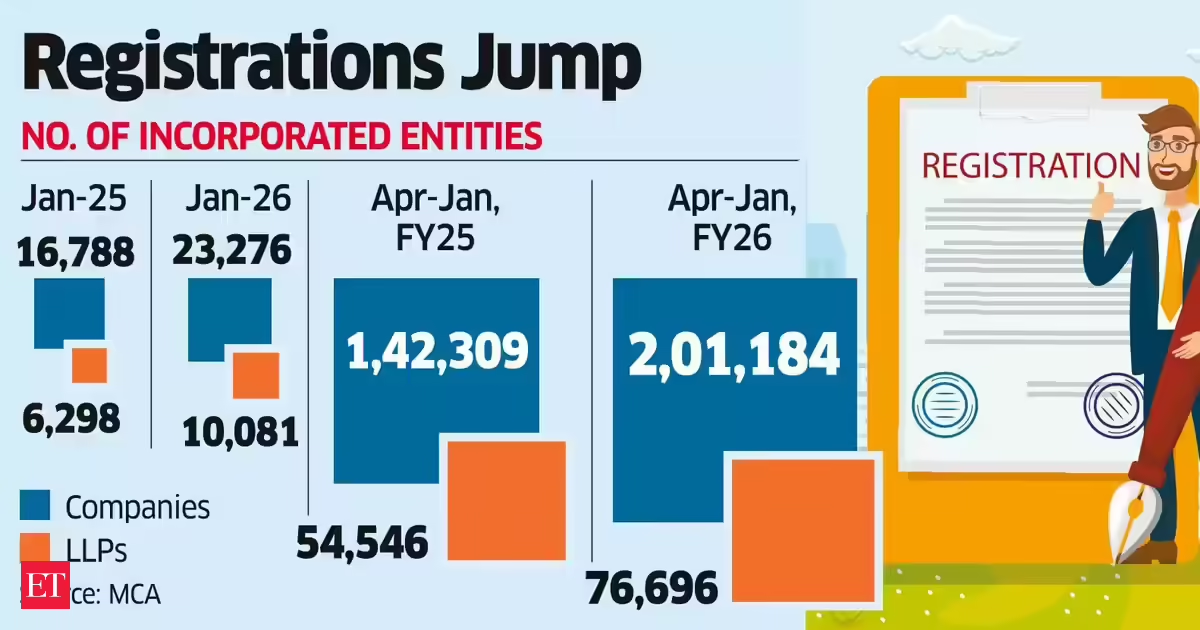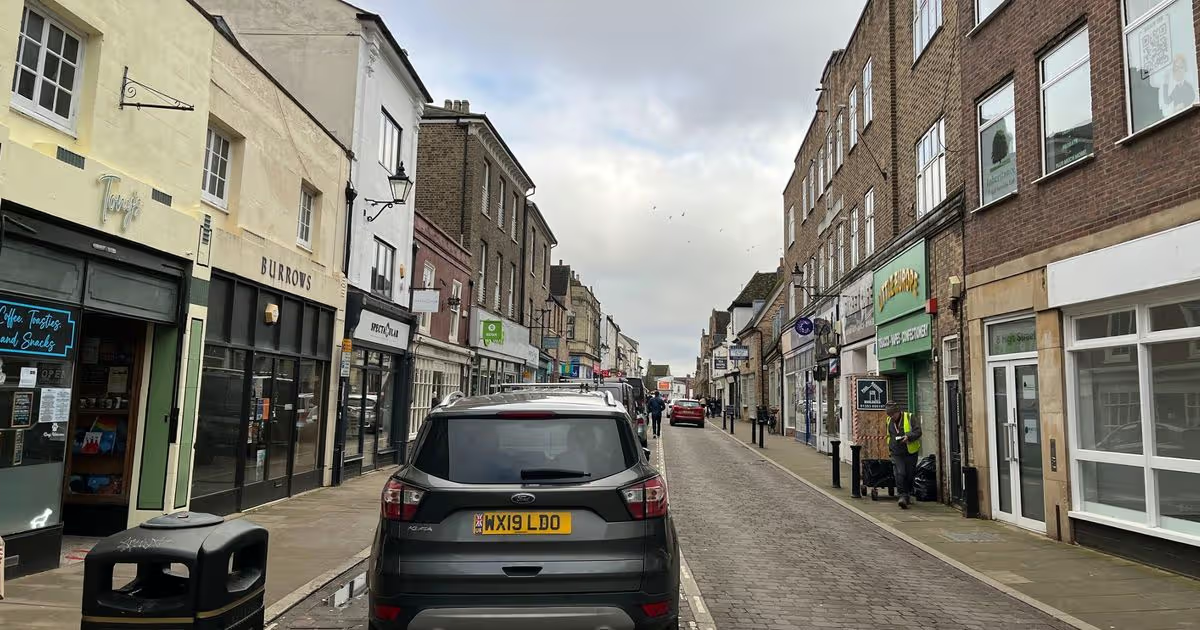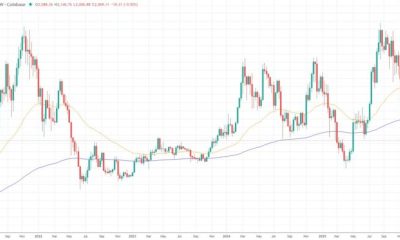“A great denim dress for spring. Lovely quality material that gives a good fit”
With spring on its way, prepared fashion fans will no doubt be thinking about their transitional weather wardrobes. If your dress collection could do with an update, it’s worth turning your attention to Marks and Spencer.
The high street retailer has recently released a dress that is perfect for spring and shoppers are snapping it up. In fact, the Pure Cotton Denim Midi Shirt Dress has been labelled as ‘in demand’ and is currently the number one bestselling dress on the Marks and Spencer website.
The Pure Cotton Denim Midi Shirt Dress cost £46 but looks a lot more expensive than its modest price tag, it has longer arms for those who want to cover them up a little more, and a tie waist gives a slimming effect. Ticking all the boxes when it comes to style and practicality, those who have already got the spring dress of dreams insist that it is ‘perfect’.
READ MORE: Mature fashion fans say ‘flattering’ £36 spring dress is ‘perfect for the young at heart’
READ MORE: I found the prettiest dress for spring that’s easy to throw on with trainers and a denim jacket
Available in sizes six to 18 in petite, regular and tall lengths, the dress is designed in a regular fit, with a button-through fastening and an elasticated self-tie belt that cinches the waist. The short-sleeved piece is finished with a shirttail hem and contrast stitching for added interest.
Thanks to its versatile design, the Pure Cotton Denim Midi Shirt Dress can be styled with virtually any pair of shoes. Chuck on a pair of trainers or flats when you want to style the dress down or pair it with boots on cold days. Even a pair of heels would look good with it too.
Elsewhere, Roman’s Denim Denim Button Through Midi Dress is available for £36 instead of £40 with the discount GRAB10 applied at checkout. Crafted from soft cotton denim fabric, a stylish V-neck collar and sleeveless design make the dress perfect for warmer days.
Alternatively, Next’s Dark Blue Denim Midi Shirt Dress comes in at £58. The classic denim shirt dress offers a timeless silhouette, effortless styling and all day comfort thanks to the adjustable belt and press stud fastening.
Back at Marks and Spencer, the Pure Cotton Denim Midi Shirt Dress boasts an overall star-rating of 4.4 out of five based on almost 20 reviews. One satisfied shopper said: “Just love this dress. The denim is not too thick, not too thin. A quality piece I shall wear again and again.
A second wrote: “A great denim dress for spring. Lovely quality material that gives a good fit. Generous size, I’m normally a size 10, ordered 8 and it’s perfect.”
“This was love at first sight,” a third penned. “I ordered a size 18 as I’m a busty size 16 and kept my fingers and toes crossed it would fit. It does fit my bust perfectly and it’s not too big in the body too.
“I can’t wait to wear it. Looks great with any footwear, boots, flats, trainers, loafers, the lot. I cannot recommend this enough, ooh and I forgot it has pockets too, what’s not like?”
One shopper, however, was left feeling disappointed with the Pure Cotton Denim Midi Shirt Dress because of the sizing and gave it a two-star review. It reads: “I love the style of the dress but it’s meant to be petite and is still too long for me at 5ft 1ins. I M&S petite to not actually be petite. Disappointed.”
But another loved their latest Marks and Spencer purchase, adding: “Very nice dress. I upsized so I could layer underneath. Very comfy but also smart.”






















































![Heathrow has said passenger numbers were 60% lower in November than before the coronavirus pandemic and there were “high cancellations” among business travellers concerned about being trapped overseas for Christmas as Omicron spreads. The UK’s largest airport said the government’s travel restrictions had dealt a fresh blow to travel confidence and predicted it was likely to take several years for passenger numbers to return to pre-pandemic levels. This week ministers said passengers arriving in the UK would have to take a pre-departure Covid test, as well as a post-flight test, because of fears about the spread of the new variant. “[The] high level of cancellations by business travellers concerned about being trapped overseas because of pre-departure testing shows the potential harm to the economy of travel restrictions,” the airport said in an update. Heathrow said the drop in traveller confidence owing to the new travel restrictions had negated the benefit of reopening the all-important corridor to North America for business and holiday travel last month. Eleven African countries have been added to the government’s red list, requiring travellers to quarantine before reuniting with families. “By allowing Brits to isolate at home, ministers can make sure they are reunited with their loved ones this Christmas,” said John Holland-Kaye, the chief executive of Heathrow. “It would send a strong signal that restrictions on travel will be removed as soon as safely possible to give passengers the confidence to book for 2022, opening up thousands of new jobs for local people at Heathrow. Let’s reunite families for Christmas.” Heathrow said that if the government could safely signal that restrictions would be lifted soon, then employers at Heathrow would have the confidence to hire thousands of staff in anticipation of a boost in business next summer. The airport is expecting a slow start to 2022, finishing next year with about 45 million passengers – just over half of pre-pandemic levels. This week Tui, Europe’s largest package holiday operator, said it expected bookings for next summer to bounce back to 2019 levels. However, Heathrow said on Friday not to expect the aviation industry to recover for several years. “We do not expect that international travel will recover to 2019 levels until at least all travel restrictions (including testing) are removed from all the markets that we serve, at both ends of the route, and there is no risk of new restrictions, such as quarantine, being imposed,” the airport said.](https://wordupnews.com/wp-content/uploads/2026/02/shutterstock_1100012546-scaled-400x240.jpg)
![Heathrow has said passenger numbers were 60% lower in November than before the coronavirus pandemic and there were “high cancellations” among business travellers concerned about being trapped overseas for Christmas as Omicron spreads. The UK’s largest airport said the government’s travel restrictions had dealt a fresh blow to travel confidence and predicted it was likely to take several years for passenger numbers to return to pre-pandemic levels. This week ministers said passengers arriving in the UK would have to take a pre-departure Covid test, as well as a post-flight test, because of fears about the spread of the new variant. “[The] high level of cancellations by business travellers concerned about being trapped overseas because of pre-departure testing shows the potential harm to the economy of travel restrictions,” the airport said in an update. Heathrow said the drop in traveller confidence owing to the new travel restrictions had negated the benefit of reopening the all-important corridor to North America for business and holiday travel last month. Eleven African countries have been added to the government’s red list, requiring travellers to quarantine before reuniting with families. “By allowing Brits to isolate at home, ministers can make sure they are reunited with their loved ones this Christmas,” said John Holland-Kaye, the chief executive of Heathrow. “It would send a strong signal that restrictions on travel will be removed as soon as safely possible to give passengers the confidence to book for 2022, opening up thousands of new jobs for local people at Heathrow. Let’s reunite families for Christmas.” Heathrow said that if the government could safely signal that restrictions would be lifted soon, then employers at Heathrow would have the confidence to hire thousands of staff in anticipation of a boost in business next summer. The airport is expecting a slow start to 2022, finishing next year with about 45 million passengers – just over half of pre-pandemic levels. This week Tui, Europe’s largest package holiday operator, said it expected bookings for next summer to bounce back to 2019 levels. However, Heathrow said on Friday not to expect the aviation industry to recover for several years. “We do not expect that international travel will recover to 2019 levels until at least all travel restrictions (including testing) are removed from all the markets that we serve, at both ends of the route, and there is no risk of new restrictions, such as quarantine, being imposed,” the airport said.](https://wordupnews.com/wp-content/uploads/2026/02/shutterstock_1100012546-scaled-80x80.jpg)










